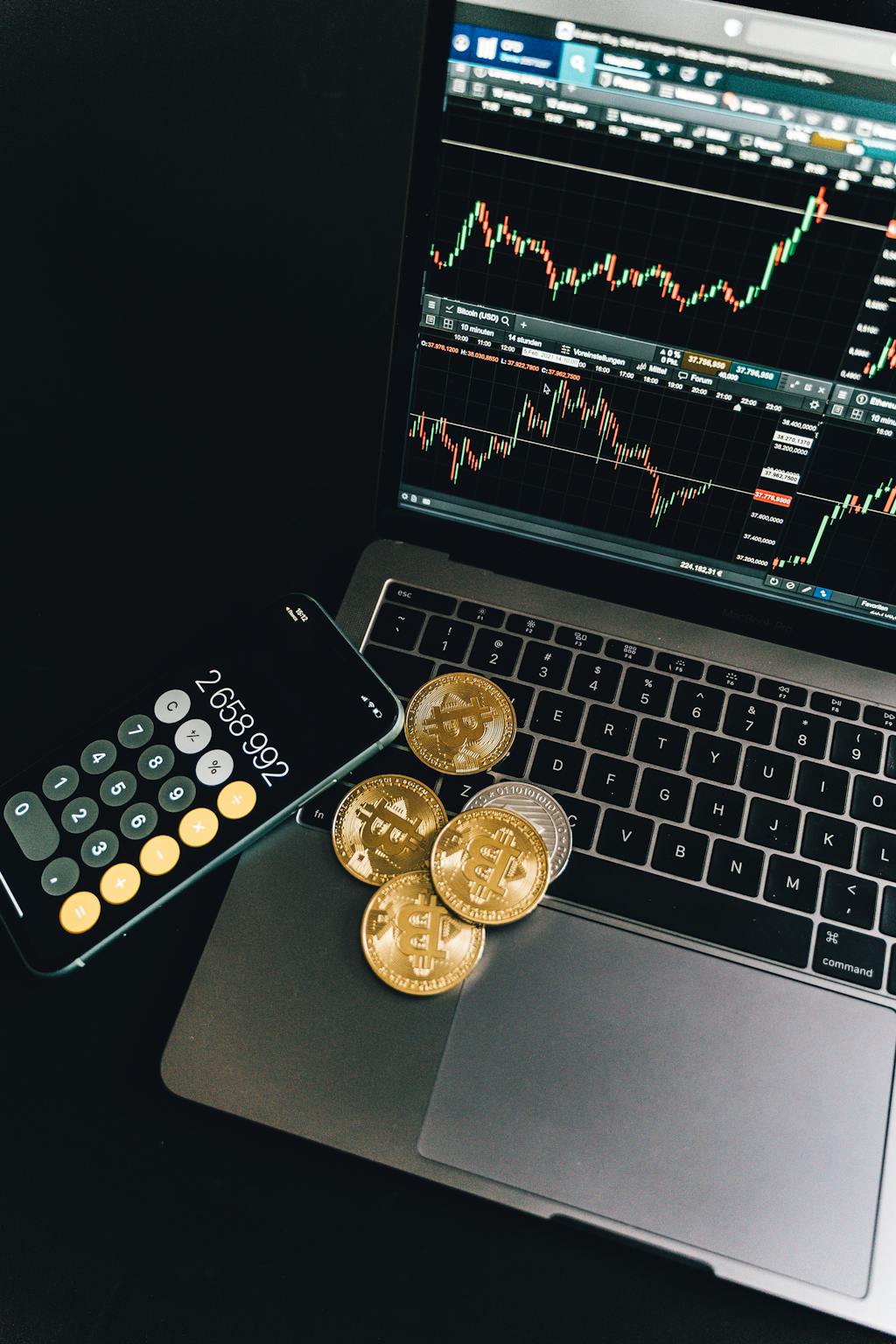The Swiss National Bank (SNB) has taken a definitive stance against incorporating Bitcoin and other cryptocurrencies into its reserve strategy, marking a significant development in the ongoing debate about digital assets in traditional banking. This decision comes at a time when discussions around Bitcoin as a strategic reserve asset have intensified globally.
Key Points of SNB’s Bitcoin Rejection
- Extreme price volatility concerns
- Legal framework uncertainties
- Technical infrastructure risks
- Regulatory compliance challenges
SNB Vice President Martin Schlegel, speaking from Zurich on Thursday, emphasized the bank’s conservative approach to reserve management, highlighting several critical factors behind their decision.
Market Impact Analysis
This announcement comes as Bitcoin tests crucial support levels around $83,000, demonstrating the ongoing volatility that concerns traditional financial institutions.
Implications for Global Central Banks
The SNB’s position could influence other central banks’ approaches to cryptocurrency adoption, particularly as digital assets continue gaining mainstream attention.
FAQ Section
Why did SNB reject Bitcoin as a reserve asset?
The bank cited price volatility, legal uncertainties, and technical risks as primary concerns.
How does this affect Bitcoin’s institutional adoption?
While potentially impacting short-term sentiment, institutional interest continues through other channels, particularly private sector initiatives.
What alternatives is SNB considering?
The bank maintains its focus on traditional reserve assets while monitoring digital currency developments.
Looking Ahead
Despite SNB’s conservative stance, the broader institutional adoption of digital assets continues to evolve, with private sector entities showing increased interest in cryptocurrency investments.



